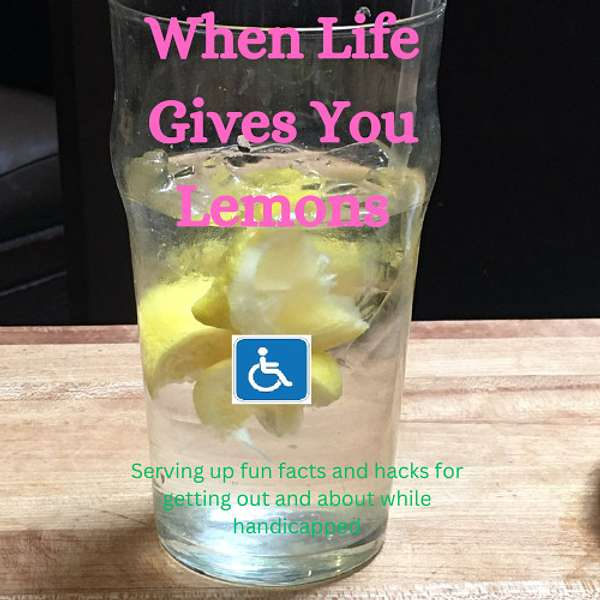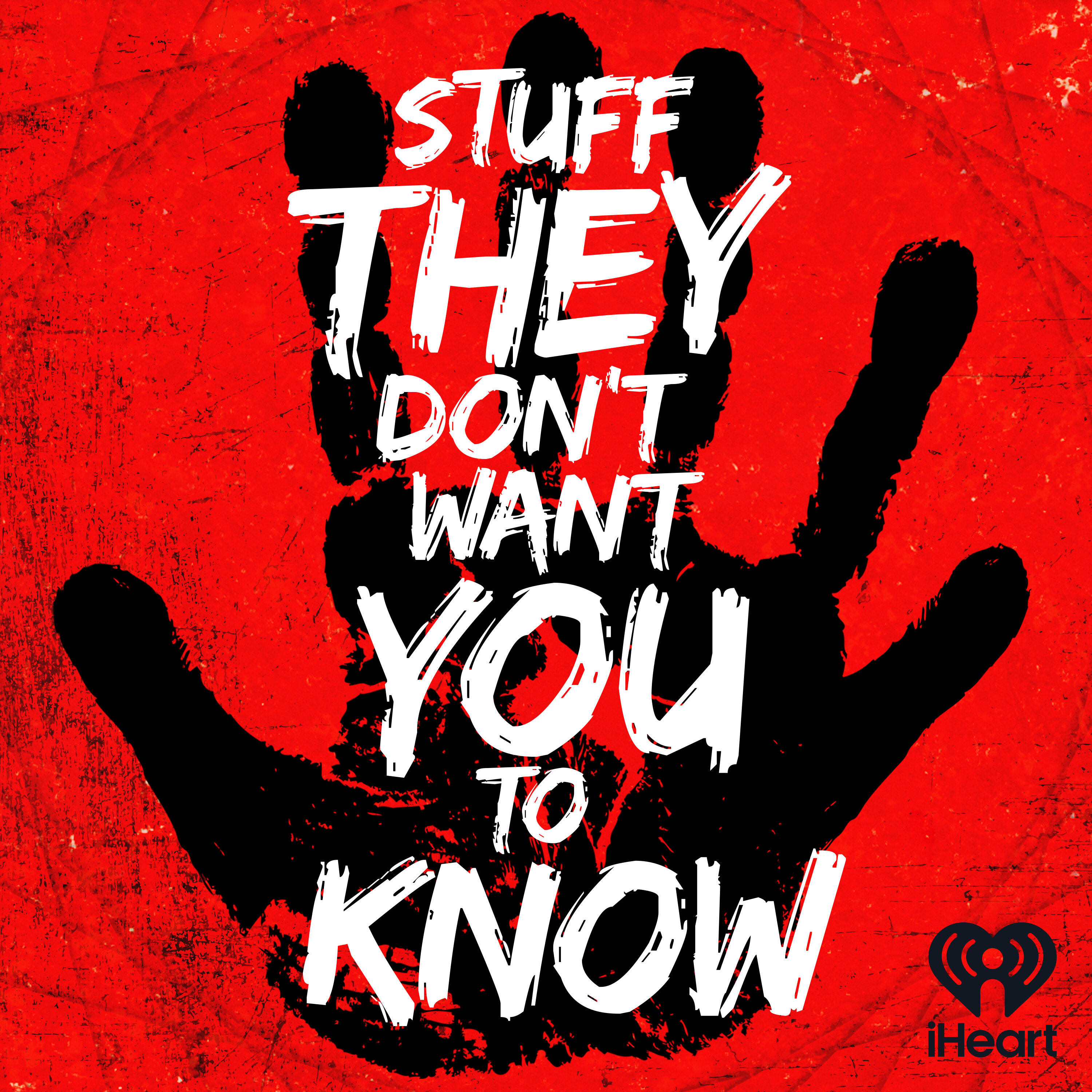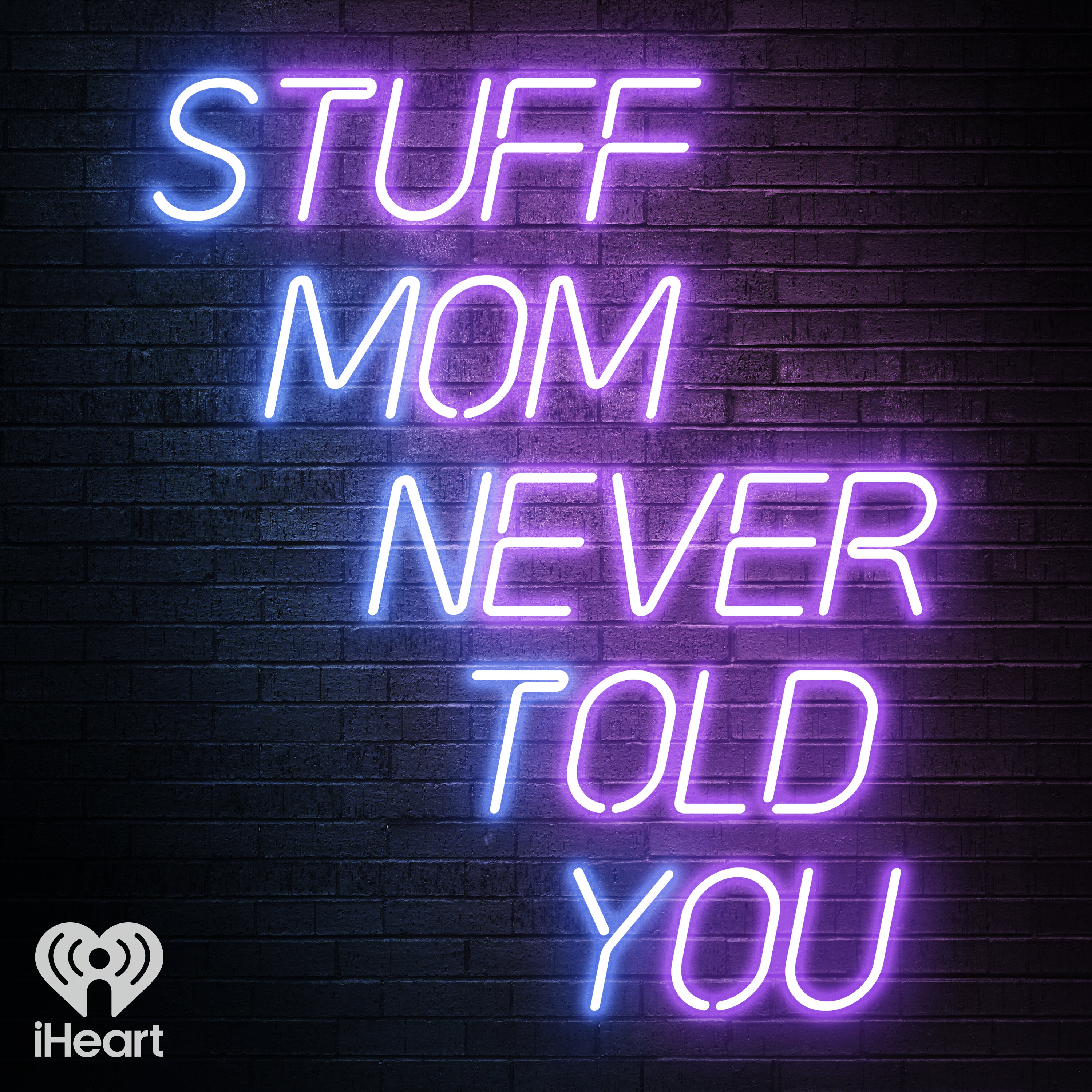
When Life Gives You Lemons
We do a bit of Research into handicapped travel issues and provide some solutions. Mobility, Hearing, Sight, Mental issues included. so far our episodes have included some information on Ataxia, Cerebral Palsy, Deafness, Dancing Sickness, Gulf War Syndrome, Long Covid and Wheelchairs. We are both Disability Advocates and realize there are too many diseases and conditions to cover and try to discuss the most common problems disabled people face and spread some awareness of disabled issues non-disabled people are unaware of.
CORRECTION
On a Previous episode I described how to enter our End Of Season contest. Step 1 click on the support our show link. Step 1 we require a one time payment (This has changed during our season) of $3. Step 3 (get you back to a one time payment) click on the $3 Subscription button. The following business day cancel the subscription (if you do it same day your bank may start thinking FRAUD. Step 4 Your done. Thanks for entering and "may the odds be forever in your favor",
When Life Gives You Lemons
MS, Explained Clearly
What if your body turned everyday tasks into two-day events? We dive into multiple sclerosis with a clear, human guide to what’s happening inside the nervous system and what it actually feels like to live with MS fatigue, vision changes, balance issues, and cognitive fog. Using real-world stories and practical takeaways, we connect the dots between immune attack, myelin damage, and the misfired signals that change how you move, think, and plan your day.
We walk through diagnosis step by step: neurological exams, MRI evidence, and when a single episode becomes clinically isolated syndrome. We talk openly about early misdiagnosis, why lesions matter, and how to advocate for second opinions and better imaging. From there, we map the major types—relapsing-remitting, secondary progressive, primary progressive, and the MRI-only radiologically isolated syndrome—so you can see how patterns of relapse and progression inform smarter treatment choices.
Treatment isn’t one-size-fits-all. We break down steroids for acute flares, disease-modifying therapies that reduce relapses, and the underrated power of rehabilitation. Physical and occupational therapy protect function, while energy management turns limited stamina into a workable plan. Expect concrete tips on pacing, sleep, temperature control, and using aids before you’re in crisis. We also unpack prevalence data, why U.S. rates appear higher, and how access, awareness, and environment shape the numbers you see.
Along the way, we make room for humor without making light of the condition, and we share resources from trusted organizations that can help right now. If MS touches your life—personally, professionally, or as a caregiver—this conversation offers clarity, compassion, and tools you can use today. If it resonates, subscribe, share with a friend, and leave a quick review to help others find the show. Your story and your questions shape what we explore next.
Welcome to our podcast when life gives you limits. I'm Kevin.
Palmi:And I'm Palmi. We consider ourselves disability advocates and intend to spotlight some disability issues and things we find interesting that we frequently encounter when we're out and about. Also, some history on disability that we find interesting.
Kevin:Hello, everybody. Welcome back to our podcast, Life Gives You Lemons. I'm Kevin.
Palmi:And I'm Palmi.
Kevin:And today we're talking about multiple sclerosis. Also known as MS.
Palmi:Immune deficiency.
Kevin:There are several different variants that we'll get into later on.
Palmi:Okay, let's describe what MS is. Um, it is a chronic autoimmune disease that affects the general nervous system, disrupting communications between the brain and the body. It can lead to wide ranges of symptoms and various and vary greatly from person to person. Let's go over some of the overall details.
Kevin:Okay, MS occurs basically when the immune system mistakenly attacks the melanin sheath, which is the uh sheath that surrounds your uh the nerves in the in your body.
Palmi:Nerve fibers in the body, yeah. Right? That also is the part of your uh spinal uh cord, your optical nerves in your eyes.
Kevin:All your nerves are basically surrounded by that sheath for them to conduct a chemical electrical reaction from where the nerve end is or the uh senses to the brain. So it goes first into your spinal column, then up your spinal column to your brain.
Palmi:And it leads to physical and cognitive symptoms. Um, the most common symptoms are fatigue, muscle weakness, or spasms, uh weak numbness and tingling, usually in the limbs, uh, vision problems, hence we just said it happens in the optic nerve, near the optic nerve, causing blurriness and double vision, uh difficulties with coordination and balance, cognitive changes, including memory issues and trouble concentrating. I'm gonna take a break right here. And um, when Kevin first was uh came down with his illness, uh, we we've told you in the past that it's take it took like three years to figure out what his uh diagnosis was, and that was the first diagnosis you got was MS.
Kevin:Yeah, the uh movement disorder neurologist that I had, who's a brand new hire there, basically said, Well, this has to be some sort of MS that didn't have brain lesions.
Palmi:Right. Well, we were he said he we he thought we caught it early. It was prior than to seeing the brain lesions, because that's typically what happens and you start. That's the t diagnosis is they see brain lesions on the brain in an MRI. And so they were waiting to see the brain lesions.
Kevin:Uh yeah, the only problem with that theory is that uh the lesions are basically the attack the attack on the nerve, the sheath instead of attacking nerves specifically in your arm or your leg, scon your ridden your attacked your spinal comb, nerve sheath, and gone all the way up to your brain where there is no sheath. Right. So that's where the lesions come from. It kind of the same destructive force are unleashing on that nerve sheath. They're unleashing on your brain, therefore your brain gets lesions on it.
Palmi:Right. And so he were actually treated for three years with MS the medicine they would treat you for MS. Yes. Yeah, and hence it never it did not help.
Kevin:Okay, and before we dive back into MS, I'm gonna tell you a story about a meme.
Palmi:Okay.
Kevin:Hey, I saw a meme, you know, it was we all make fun of ourselves or what's wrong with us, and that was the case with this. It wasn't somebody plugging fun at this disease, somebody who had this disease kind of sarcastically making light of the problems they had that nobody else understands. And it was the meme I told you about. I may have shared it on the Facebook group. I don't recall because it's been a while. But the uh meme basically says, so you want to uh clean your refrigerator. Well, that's gonna eat up your whole day because you spend half a day cleaning your refrigerator and half a day resting up after you clean your refrigerator, or you're gonna go for a walk one day. Well, it's a two-day event because you're gonna walk one day the next day, you're gonna have to rest up from having taken that walk. MS is so tiring, it makes everything you do require like twice the ballot of energy.
Palmi:Yeah.
Kevin:So it's not uncommon for people with MS to uh constantly battle having to take naps and rest up from what they previously. From what you would assume is a uh normal thing activity. But that ain't the case here because I kind of played nap or let, you know. If I take a nap, I don't know when I'm waking back up again. It's probably gonna be the next day or the day after or whatever. It's like I'm not good after an hour of sleep. It's like if I have a set time limit, I'll just sit there worry about getting to sleep early, not wasting my hour or so. I have a lot to do for this nap. It just doesn't work for me. It's like I can't switch my brain off, kind of. But anyway, now let's get back in that mester.
Palmi:Okay, so we're at causes and risk factors, and that's it's your turn.
Kevin:Okay, the exact cause is unknown, but genetics. Okay, I'm trying to to read ahead. Genetics, environmental factors and viral infections may play a role. What they mean by that is it can be any of those or a combination of those. MS is more common in women and typically begins between the ages 28 and 40.
Palmi:And the diagnosis is determined through a combination of neurological exams, MRI scans, and sometimes a spinal fluid analysis. Doctors look for the lesions in the central nervous system to rule out other conditions. And rules, I'm sorry, and rules out other conditions. That's what we were talking about before. So, and then we're on to treatment options.
Kevin:Yeah, there's no cure, but basically what they do is they treat the symptoms, they help you manage all the stuff that goes along with it, and it's got a relatively slow progression. Uh steroids can be used during therapy, disease modifying therapies or DMTs can reduce blare-ups and delay disability. I think we talked about in the ALS how vital physical therapy can be.
Palmi:Right. I think that's anywhere. Even in your case, it was it was very helpful. Yeah. Because they, as we all know, three famous words don't use it, lose it.
Kevin:Use it or lose it.
Palmi:There you go. Uh, and you also have to learn how to use your new body with through the physical therapy and life changes and the symptoms and mod and learn how to use your medication. Like you said, a lot of your medication basically puts you to sleep. So you need to manage those naps so that you have a constructive life. That was half the battle learning how to manage your life around those naps that you have to take.
Kevin:Avoiding the easy fix of like self-medicating with a lot of caffeinated beverages.
Palmi:Yeah, that doesn't really help. Yeah. Yeah. Uh types of MS. There's a relapsing, remitting uh MS. It's most common, involves fill fill up flare-ups followed by recovery. The secondary progression MS, which is SPMS, it's gradually worsening after initial relapsing, and progressive primary progressive MS, which is a steady progression throughout, without um distant distinctive relapses.
Kevin:I don't know about uh this relates to medicine in general. I always thought that uh like if you're a physician and discovered a disease, they named it after you.
Palmi:Not always, but yeah, I see what you're saying.
Kevin:But it seems to me a lot of times we talk about uh neurological conditions, especially that have kind of like subcondition or subtypes, they prefer to use acronyms. Right. So I know there are some that I know by name, different types of MS. They're probably more directly uh put into the categories that we just uh described for you. Uh I'm not trying to take away anything for people that are living with a certain type of M acid the and they're not reading material that I read off the internet. That's not the what we're trying to do with all these is just bring attention to the in this case disease and what you're dealing with. It's always great to have, as Pomby pointed out earlier, interviews where we can tug somebody who actually deals with their as a caretaker or a parent or a sufferer of the disease. We can get kind of like firsthand into it. Whereas uh, you know, somebody who's not gonna say, okay, skipped over a big part of this or that or the other thing. If they're up on MS, they probably have a better idea of what I do. I've run anything about my own disease for several years. So I'm not sure about that, but I don't it seems to be like uh you can talk about uh different forms of the disease. And then they're covered under subcategories or types like these types of MS, RMS, etc. Okay, we're back to my part, right?
Palmi:Yep, living with MS.
Kevin:Many people with MS lead active and fulfilling lives, support from their health care providers, their family, MS support groups and MS organizations is crucial. Advanced and research continue to improve treatment, not standing the disease. And I I'm gonna go to limb here and I say if you have like some other neuromuscular condition, if they come up with something for one, it's gonna benefit others. If nothing else they know, uh have a better idea of what medications can be used to treat symptoms that are come to others.
Palmi:Well, as they learn more about the brain and and that stuff, they it uh it helps every every disease. So we're on the page that says if you're more curious about the specific types. Are you on that page? Yes. Okay. So so so uh there are there are four main types of the we talked about there are four main types of uh multiple cirrhosis. MS. Each type reflects a different pattern of disease progression and symptom behavior. Here's a breakdown of those.
Kevin:Okay, number one, they're talking about clinically isolated syndrome or CIS. It's such a first episode of MS-like symptoms and it lasts for at least 24 hours. So basically, I think they're uh saying in a clinical environment everybody goes through this. It's caused by inflammation or delimination in the central nervous system. It's not officially a mess unless the additional episodes or my evidence confirm it. Common symptoms, vision problems, bladder issues, and balance difficulties.
Palmi:So uh number two is relapsing remit relapsing remitting MS, the RRMS is most common form. It's accounting for about 85% of the initial diagnosis and characterized by clearly defined relapses, flare-ups followed by periods of remission. Symptoms may completely or partially disappear during remission.
Kevin:And then comes secondary progressive MS, SPMS, often devolved from RRMS over time. It's marked by progressive worsening of neurological function with or without relapses, and the disability tends to accumulate gradually.
Palmi:And fourth is the primary progressive MS, which is the PPMS, affects about 10 to 15 people of MS, characterized by steady progression of symptoms from onset without early relapse or remissions, typically diagnosed later in life and may lead to more rapid disability.
Kevin:Okay. Uh before we go on, I want to say uh you missed book not 10 to 15 people, it's 10 to 15 percent.
Palmi:Oh, I'm sorry, did I say people?
Kevin:Yes, you did.
Palmi:15 percent of people with MS.
Kevin:It's okay. I just didn't want to uh alarm anybody that those numbers seem exceptionally low, 10 to 15 people in the world.
Palmi:Yeah.
Kevin:Okay. Radiologically isolated syndrome or RIS, not considered an MS type, but part of the MS spectrum. People show MS-like lesions on MRI without symptoms, may or may not progress to clinical MS. Again, uh, like I said, it can't be uh uh the doctors had the backgrounds initially with me. You have to have the lesions before it progresses, or it may not progress all, because lesions are what indicates something is not working right in the brain. Otherwise, yeah, you may have nerve issues also are isolated to a certain area.
Palmi:I think they were just thinking they the MRI was not a good MRI, is what they were thinking when they I don't know what they were thinking, but understanding your MS type helps guide treatment decisions and predicts dis uh disease progression. If you'd like to explore more of this treatment options or see or how each type affects daily life, you can search. Um, there's clut quite a bit of data that we did find on this, and definitely um it was the sources was out there. Uh, there are the multiple MS Um Association.
Kevin:Was it MS Association? Uh I think there's actually one citation.
Palmi:National MS Society, that's what it was.
Kevin:There's one citation from the Cleveland Clinic, which is like well known for their research. And uh again, I'm gonna cite uh Sanford University because they do studies of rare diseases. Some of those are neuromuscular in nature, and uh share some of these symptoms with MS, with ALS, with anything basically that can be described as neuromuscular, it's just basically and uh what's not mentioned here, but bombing whatever uh the understanding of your MS type, if there is a genetic factor that may be behind your MS, something that's not listed is it's important to incorporate your family planning accordingly. Right. Yeah, makes sense. People want to make sure that our children's lives are gonna be worth the squeeze, they're not gonna sit their child out for a disabled life like they have. Right. Some people are okay with it because they have milder and I don't know how genes prescri or tidy uh how severe your MS can be. So it's something to talk about with your doctor, I imagine. Multiple sclerosis affects approximately 36% of the global population, or roughly 36 out of 100,000 people. In the United States, their prevalence is significantly higher. And that probably goes along with uh you know the political movement, which is make America healthy again, find out why we are higher than the rest of the world.
Palmi:Yeah, that's one in three three hundred and thirty people. So that's three percent of the population of the United States.
Kevin:Yeah, it's uh definitely the odds are higher here. Yeah. And is it eventually not just for MS environmental is it something we're eating? Yeah, I nobody knows the answers to these questions.
Palmi:Globally, uh worldwide, about 2.9 million people are living with MS. Um, very it varies by the region, but globally averaging the average is roughly 36 per 100,000 people versus and it mostly ha it occurs with wit to women, and it's normally between the ages of uh we said earlier 30 to 40, but they're saying 20 to 50 here.
Kevin:Obviously, because it came from a difference search.
Palmi:Yeah.
Kevin:Okay, asked to make gases. Okay, this is just the US. Uh there's roughly a million Americans that have MS. And the prevalent rate is about 300 per 100,000 people or point 0.3 of the population.
Palmi:Now, there was an article that you have listed here that said um the reason for that our number is higher in in the United States is because um we have better diagnostic tools um and which increases the awareness and possibility of um environmental and lifestyle factors might have a possibility of impacting that.
Kevin:It could very well be. A lot of that, I'm sure, is uh because we have a lot of uh educational opportunities for medical professionals here in the US, and some of those choose to stay here in the US. So all the doctors who are training from around the world do not always go back to say whatever country or India or some of them stay here. I'm not sure about the percentages there, but um again, we have differences in uh insurance, health care access. What else can differ?
Palmi:Environmental conditions or awareness around the world, awareness, people may be uh having this condition and just not diagnosing it, right? Yeah, okay, so I love the fact that you do a lot of our research and everything, but I am stumped here. In your research paper, you have a historical dot definition of buttload. You're gonna have to read me through on this.
Kevin:What does that have to do with I read it to you exactly, dear, but uh does this have anything to do with MS? Not exactly. Uh a lot of uh episodes where we're reading out facts and figures so casually. It's kind of a daughter. Yeah, we're talking about disease. So I'm trying to get it, yeah. I realize it's a disease. And I don't want to make jokes about the disease. So I thought I'd come up with something a bit lighter that we can laugh at, and people don't feel like we're laughing at the disease.
Palmi:Oh, okay.
Kevin:So I just came up with a little bit of trivia in the American language. I don't know well this translates into other languages or even other English speaking languages like Australian or British. Uh buttload is common that we picked up from our former colonial overlords, the British, as we did with our standard measurements. We just have refused to go boldly full forth into the metro world, and well, thankfully we kind of left buttload behind. But buttload is actually a undeaf measure.
Palmi:Is it really?
Kevin:It is, because most Americans don't know that they just say, hey, you've got a buttload of bread here or a buttload of fireworks. You bought a buttload of milk.
Palmi:You know, and they're like We all know it's a lot, it's a lot. It's a lot, yeah, but it means a lot.
Kevin:Actually, it means a specific amount. Really? 126 gallons comprises a uh buttload.
Palmi:Or you have here it's two hog heads.
Kevin:Two hog heads, so it's uh under twenty sixty two and a half gallons of equals uh butt head. Or two hog heads, two hoghead equals a hoghead, and then two hog heads equal a buttload.
Palmi:And and 108 imperial gallons, which would be the metric um uh UK load, right?
Kevin:Well, before the UK venture forth poladed the metrics of some NASA, uh we got to get away from the uh Yankee unit of measurement that we so conveniently made them use. So uh we're gonna use this other imperial standard. We know they won't use something called an imperial standard. Yeah, for a while. For a few years we had some bad blood with the British, and I'm sure that was the entire driving force of getting rid of the butt head or buttload. Well, uh Americans said, yeah, we'll stick with gallons. You know, we have like 55 gallon drums, and you know or the word buttload has existing uh slang, not a slang for a lot.
Palmi:I don't know that we know it is it that what it actually uh equaled.
Kevin:There's a lot of things in the English language. We don't know what we why we started using it or whether or not it actually means anything. In this case, yes, it does. Excuse me, got it from our British colonizers, if you will.
Palmi:Okay, well, that's the end of our episode. That was a whole lot of butt float of information.
Kevin:Yeah, it was a buttload of uh stuff about us, a little bit about trial. And we hope to see you guys again next season. As a reminder, this is the Last episode for this season.
Palmi:So have a happy turkey day.
Kevin:Have a happy turkey day, and we'll see you again in February.
Palmi:And Merry Christmas and Happy New Year. I got them all in.
Kevin:All those good things.
Palmi:Happy Valentine's Day.
Kevin:And for those of us you that were kind of curious about our out of year giveaway, absolutely no one entered, so absolutely no one won. There you go. Enough said about that. We'd love to hear from you in the future about via email or fan mail, whichever you prefer. And uh no, we don't have advertisements, we don't have sponsor breaks, and no, we don't have uh email marketing concerns. If you're worried about emailing us, that shouldn't be one of your concerns. Uh we look forward to hearing from you, and we'll see you again next season.
Palmi:Bye now.
Kevin:Bye, everybody. Till next episode, take those love minutes and make your own love mandate.
Podcasts we love
Check out these other fine podcasts recommended by us, not an algorithm.

When Life Gives You Lemons
Kevin & Palmi Henry
Stuff They Don't Want You To Know
iHeartPodcasts
Stuff Mom Never Told You
iHeartPodcasts
Stuff You Missed in History Class
iHeartPodcasts
Planet Money
NPR
Ridiculous History
iHeartPodcasts
The Way I Heard It with Mike Rowe
The Way I Heard It with Mike Rowe




